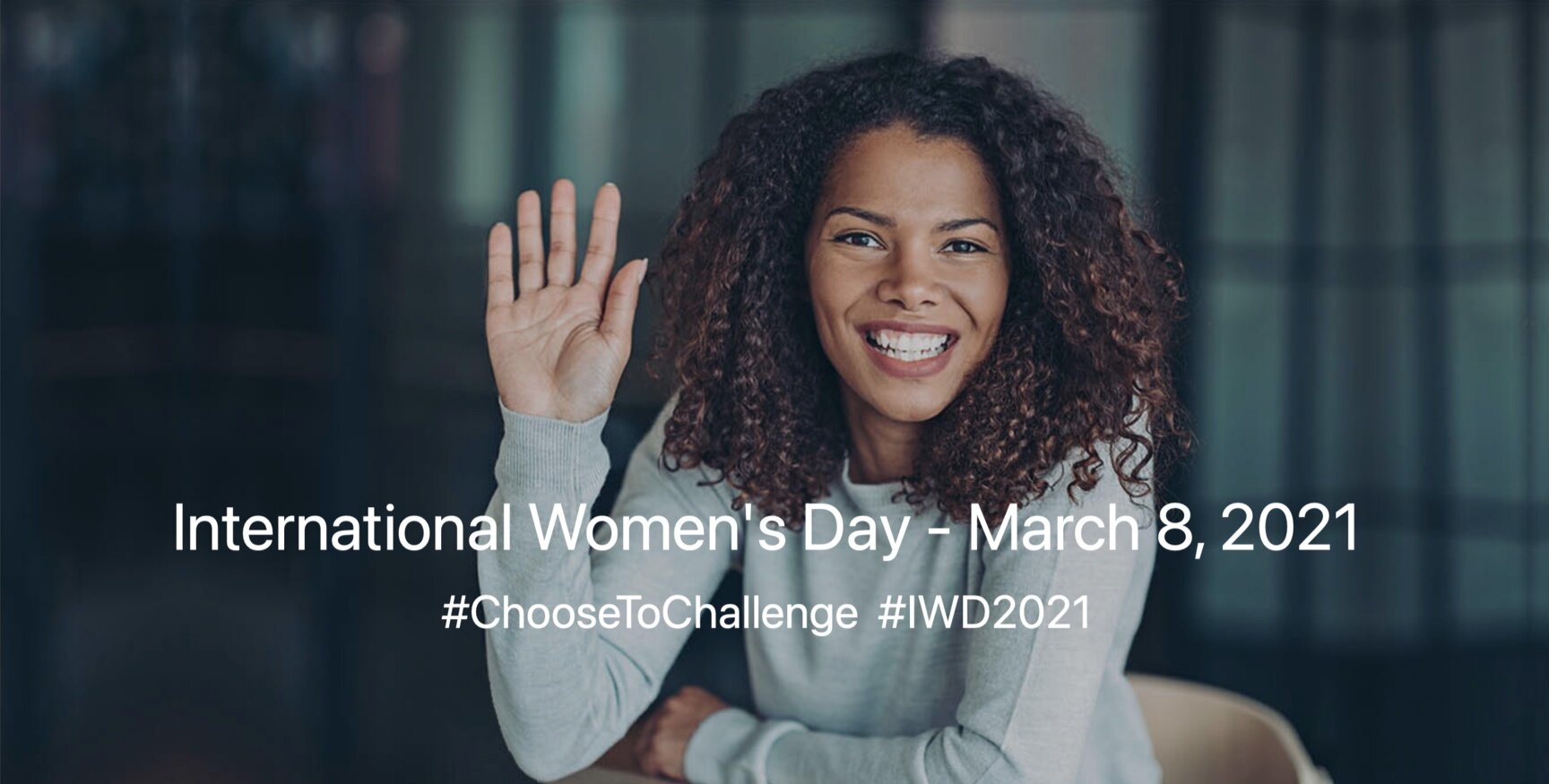Oh, Burger King: Brands Take Action on International Women's Day 2021 with Varying Levels of Success
Monday, March 8 was the 110th International Women’s Day (IWD). The theme was #ChooseToChallenge. It’s likely that, throughout the day, your social media feeds were filled with images of women and men with raised hands, pledging to raise awareness against bias and take action for equality (such a great idea). In addition to the official challenge, it’s likely you also saw a few cheesy gimmicks or tongue in cheek campaigns from brands who take advantage of IWD to show how much they care about and support women.
The original tweet has since been deleted.
However, things don’t always go as planned. One could argue that the biggest IWD 2021 fail was from Burger King UK. In a since deleted tweet, Burger King drew attention for an unfunny tweet (and full-page ad in The New York Times) stating, “women belong in the kitchen.” Their intent was to draw attention to the lack of women in the restaurant industry, but it simply did not work. In a piece for NBCNews.com, Kerry O’Grady, an associate professor at Georgetown University’s School of Continuing Studies, said of Burger King, “If you want to use sexism as clickbait, then you obviously are not celebrating International Women’s Day,” and that “it’s clear the brand made the ‘Women belong in the kitchen’ tweet to get attention. But using a decades-old sexist trope to be noticed isn’t an effective strategy.”
It definitely got lost in the shuffle, but Burger King was actually trying to introduce its H.E.R. (Helping Equalize Restaurants) Scholarship program, in which at least two $25,000 scholarships will be awarded to women employees of Burger King who are planning to attend culinary school. Burger King did try to outline this in subsequent tweets, but given our sound bite society, nothing beyond “women belong in the kitchen” stuck. In what may be one of the worst cases of a really bad first impression, the action Burger King is taking to combat gender inequality in restaurant kitchens was completely lost in poor messaging.
I did a little digging into Restaurant Brands International (RBI), the parent company of Burger King, and, honestly, we can’t really be surprised by the tone deaf tweet. There is only one woman on the Board of Directors and only one woman in RBI leadership; the latter is General Counsel and Corporate Secretary. RBI does have a commitment to diversity outlined on its website, and the very first point is that they acknowledge there is not enough diversity in RBI leadership (be it gender, race, sexual orientation, etc). In a statement written in July 2020, they claim that “by openly acknowledging our shortcomings, we are creating urgency for action.” That was eight months ago, which is plenty of time to create policies or programs to help them achieve this goal. Why not acknowledge IWD with that? Why not talk about what’s been done since that statement was made to add more diverse leadership or to hire more women chefs… you know, put more women in their kitchens, so to speak. Instead of gimmicky clickbait, why not demonstrate that they’re actually already doing something about it instead of just calling it out and then going back to meetings with their almost all-male and mostly white organizational leadership.
There were a few companies who got things right, not by feminizing their product or through controversy, but by actually taking action and calling out inequality in an impactful way.
Flower delivery service, Interflora, created a special bouquet exclusively for International Women’s Day, the Equal Power Flower Hand-tied, using roses to visually demonstrate the lack of women CEOs at Financial Times Stock Exchange 100 Index companies. In addition, there were images of several other bouquets serving as visual representations of things like pay inequality and lack of women as world leaders.
Verizon used the day to acknowledge the disproportionate impact the COVID-19 pandemic has had on women by introducing Women's CoLab, “a career engine that brings together best-in-class resources and content to empower women to own their careers and realize their greatest ambitions.” Verizon leadership is calling upon industry leaders and partners to join them in elevating women and providing them the resources they need to “create a future that works for all women.”
Catalyst, a global nonprofit working with some of the world’s most powerful CEOs and leading companies to build workplaces that work for women, introduced #BiasCorrect. In true 2021 fashion, Catalyst created downloadable virtual backgrounds which aim to “make the invisible barriers women face visible” in their virtual workspaces. In addition, and this one is right up the GenderAvenger alley, Catalyst constructed a Slack plug-in to detect and correct gender bias. The plug-in will privately alert a user of potential bias in their language when using Slack, and then suggest alternative language to use. Not only does it provide that real time correction, but it also goes on to offer education on how to recognize that bias in the future. If only we could get this for human speech. Maybe someday.
Other things we enjoyed seeing: women in Paris simply walked out of their jobs in order to protest the gender wage gap, and DoorDash introduced a new in-app feature that makes it easier for local customers to discover and support women-owned businesses.
Honouring and elevating women should not be relegated to one day per year.
Fighting inequality does not stop simply because the calendar page turns. Brands can choose to use International Women’s Day as a starting point, but they must continue to put in the work to elevate women’s voices, products, visions, and views. No more excuses, it’s long past time to get to work including women’s voices at every level, and not just for an already expected and easily marketable day or month but all year round.




